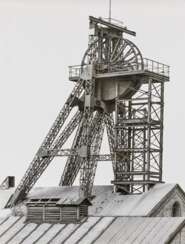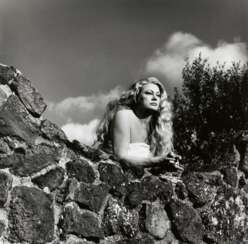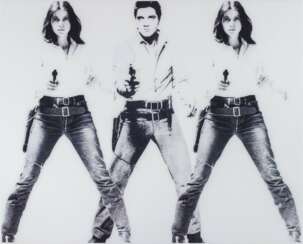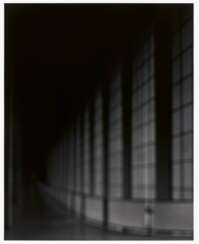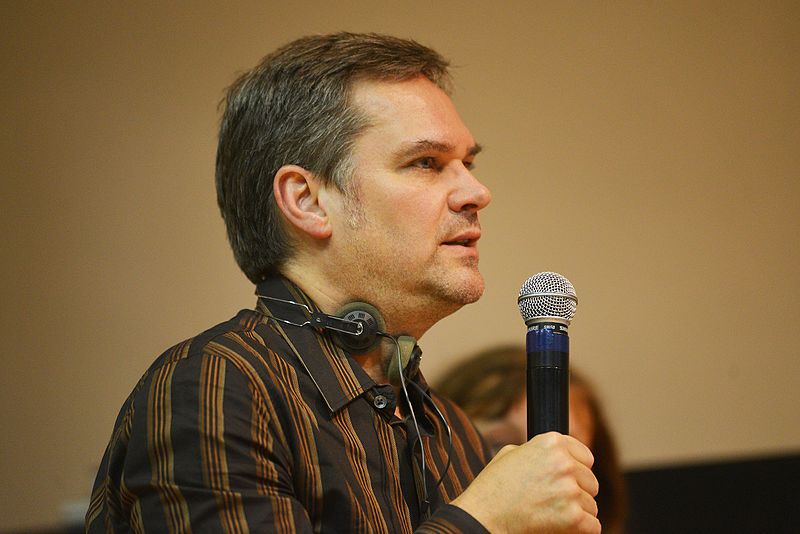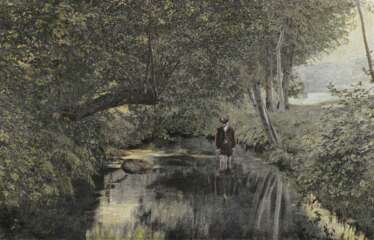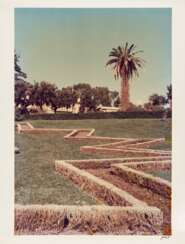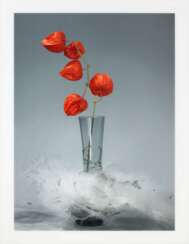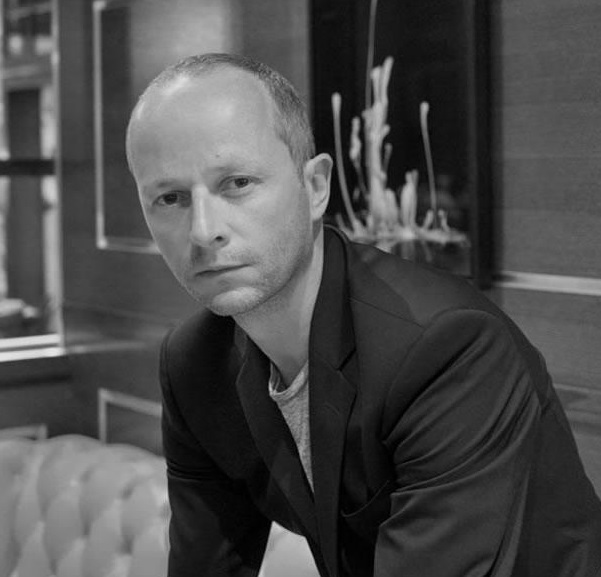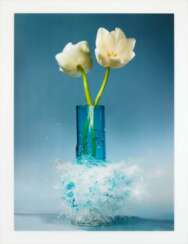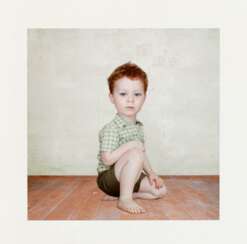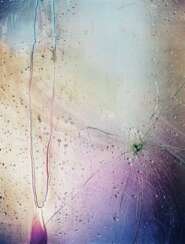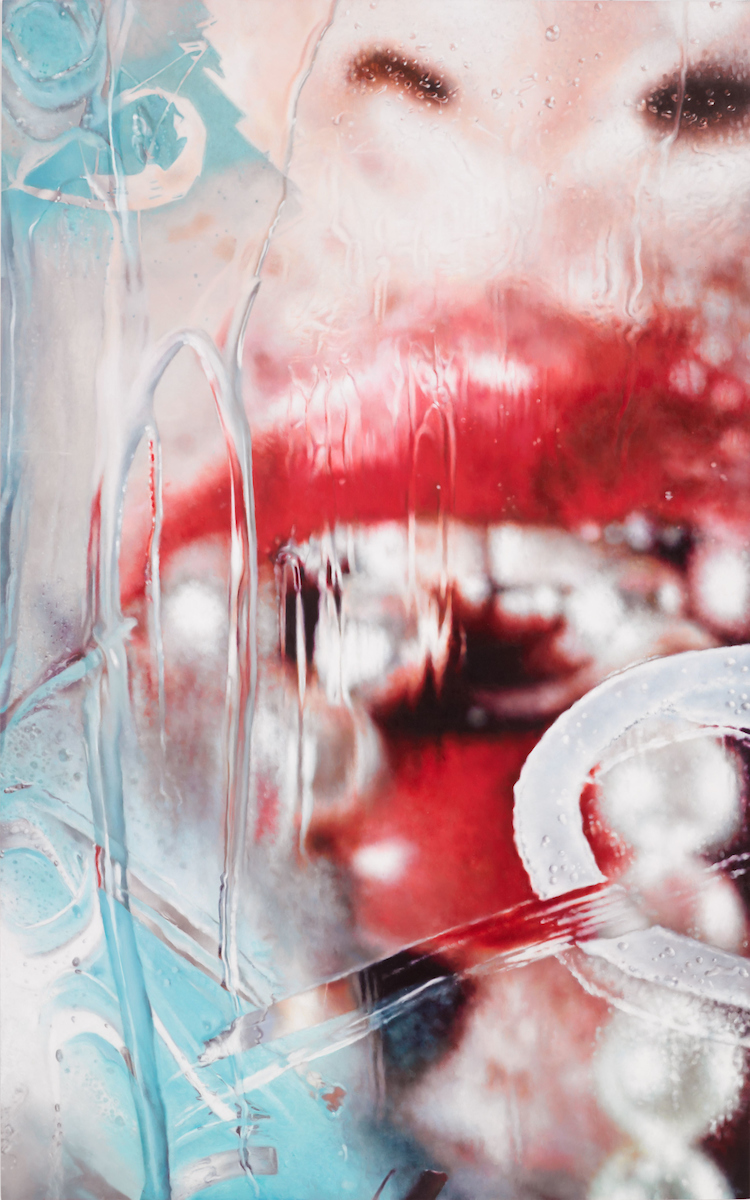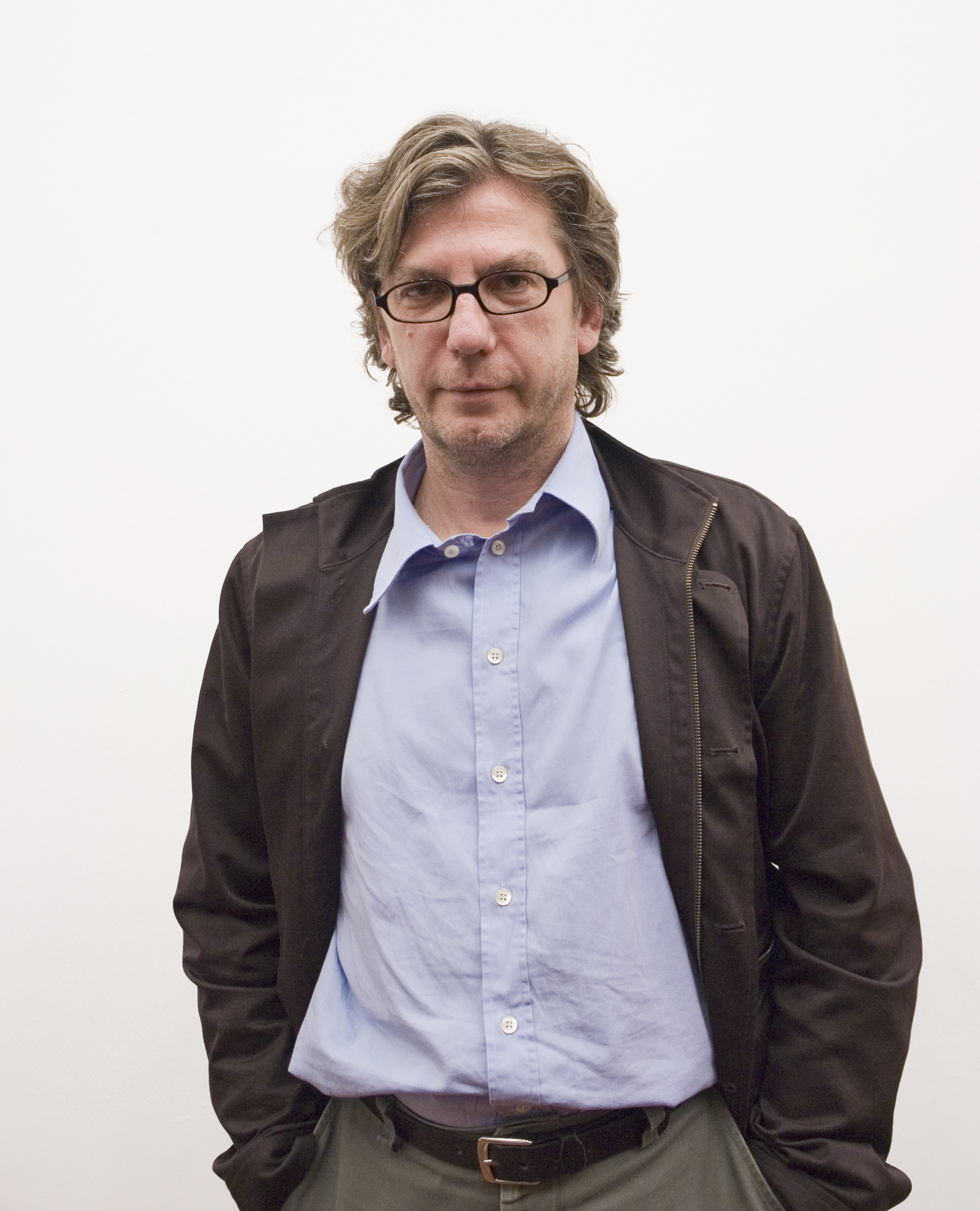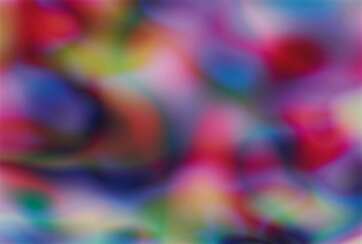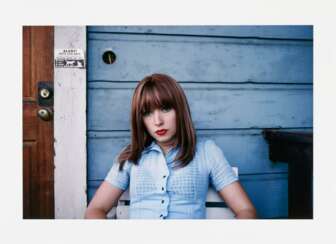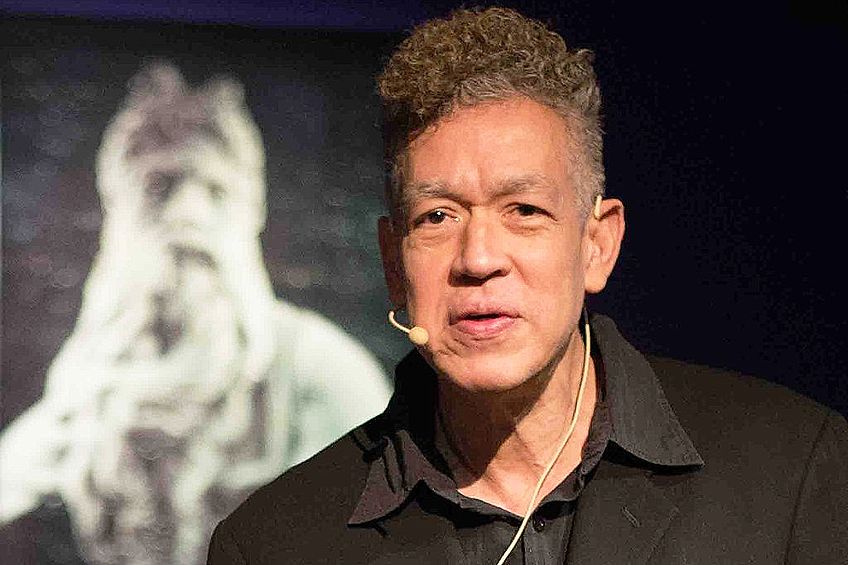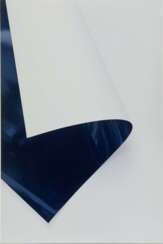
Photography — Post War
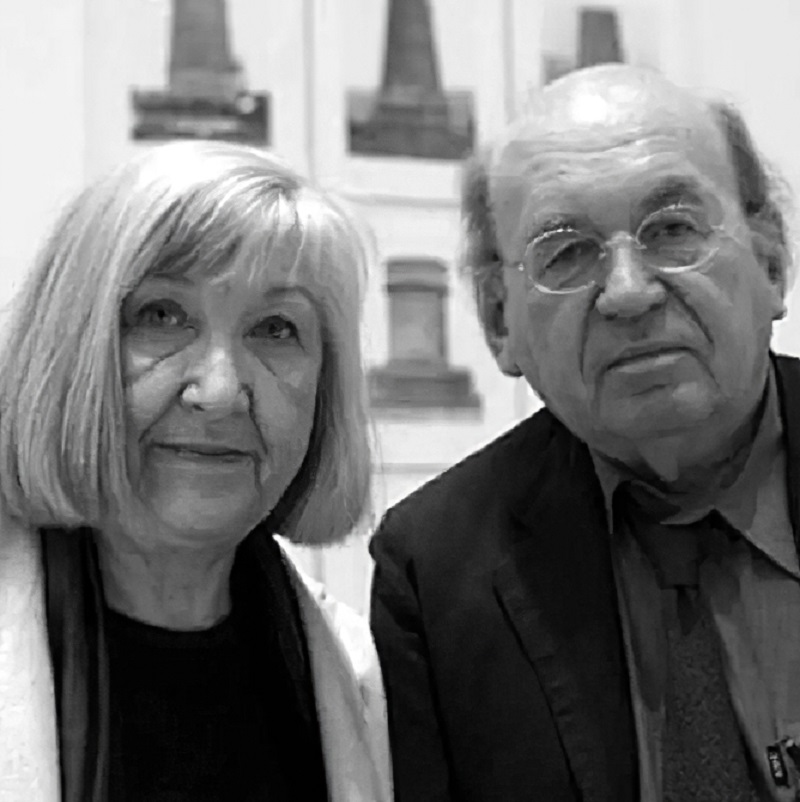
Bernhard (Bernd) Becher and Hilla Becher were German conceptual artists and photographers working as a collaborative duo. They are best known for their extensive series of photographic images, or typologies, of industrial buildings and structures, often organised in grids. As the founders of what has come to be known as the 'Becher school' or the 'Düsseldorf School' they influenced generations of documentary photographers and artists. They have been awarded the Erasmus Prize and the Hasselblad Award.

Bernhard (Bernd) Becher and Hilla Becher were German conceptual artists and photographers working as a collaborative duo. They are best known for their extensive series of photographic images, or typologies, of industrial buildings and structures, often organised in grids. As the founders of what has come to be known as the 'Becher school' or the 'Düsseldorf School' they influenced generations of documentary photographers and artists. They have been awarded the Erasmus Prize and the Hasselblad Award.

Bernhard (Bernd) Becher and Hilla Becher were German conceptual artists and photographers working as a collaborative duo. They are best known for their extensive series of photographic images, or typologies, of industrial buildings and structures, often organised in grids. As the founders of what has come to be known as the 'Becher school' or the 'Düsseldorf School' they influenced generations of documentary photographers and artists. They have been awarded the Erasmus Prize and the Hasselblad Award.

Bernhard (Bernd) Becher and Hilla Becher were German conceptual artists and photographers working as a collaborative duo. They are best known for their extensive series of photographic images, or typologies, of industrial buildings and structures, often organised in grids. As the founders of what has come to be known as the 'Becher school' or the 'Düsseldorf School' they influenced generations of documentary photographers and artists. They have been awarded the Erasmus Prize and the Hasselblad Award.
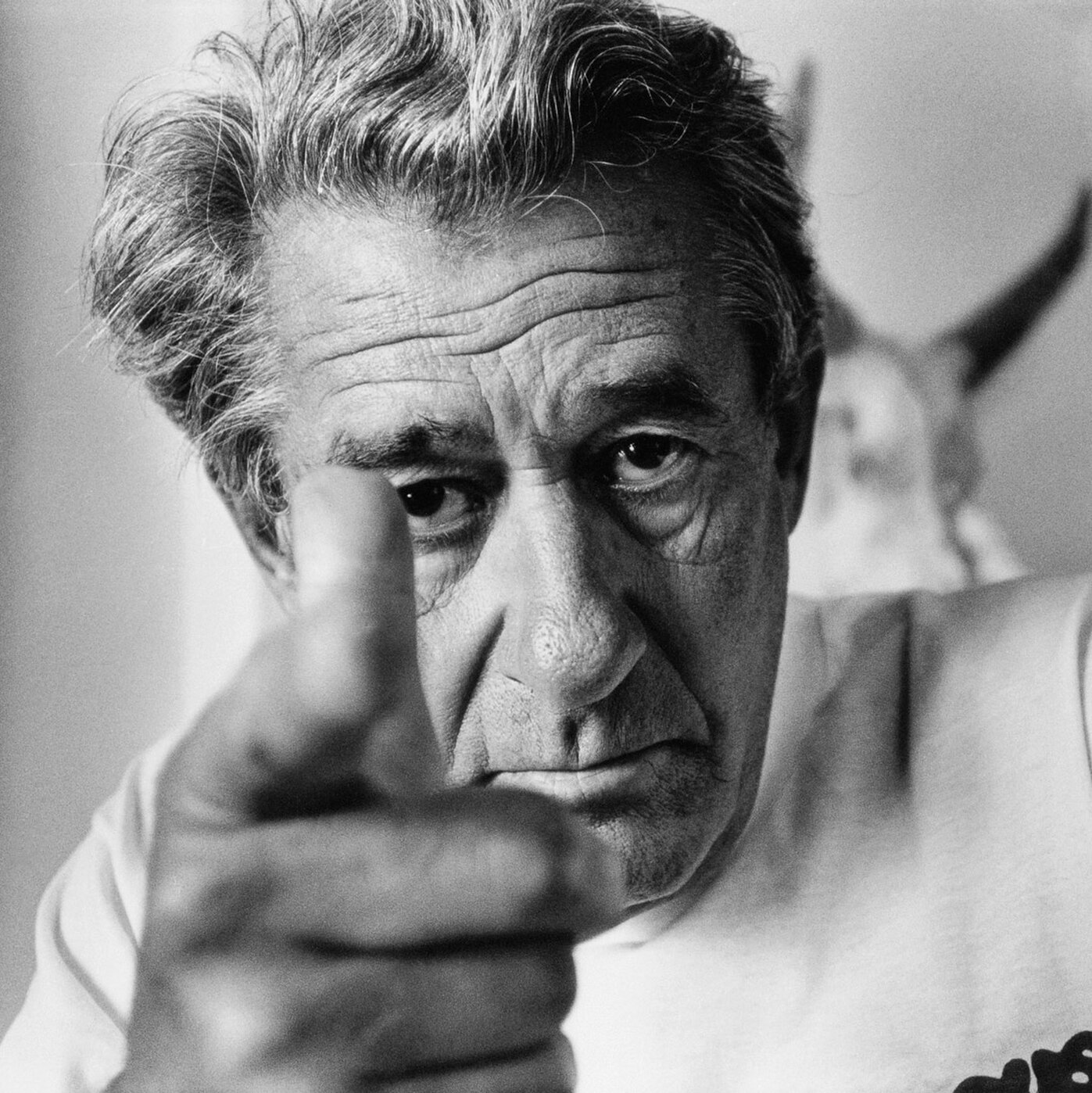
Helmut Newton (born Helmut Neustädter) was a German-Australian photographer. The New York Times described him as a "prolific, widely imitated fashion photographer whose provocative, erotically charged black-and-white photos were a mainstay of Vogue and other publications."

Elger Esser is a German landscape photographer, living in Düsseldorf. "He is primarily associated with large-format images of European lowlands with his characteristic low horizon lines, pale luminous colours and vast skies".
Esser's work is held in many public collections such as the Rijksmuseum in Amsterdam and the Solomon R. Guggenheim Museum, Metropolitan Museum of Art and Museum of Modern Art in New York. He has won the Rheinischer Kunstpreis and the Oskar Schlemmer Prize.
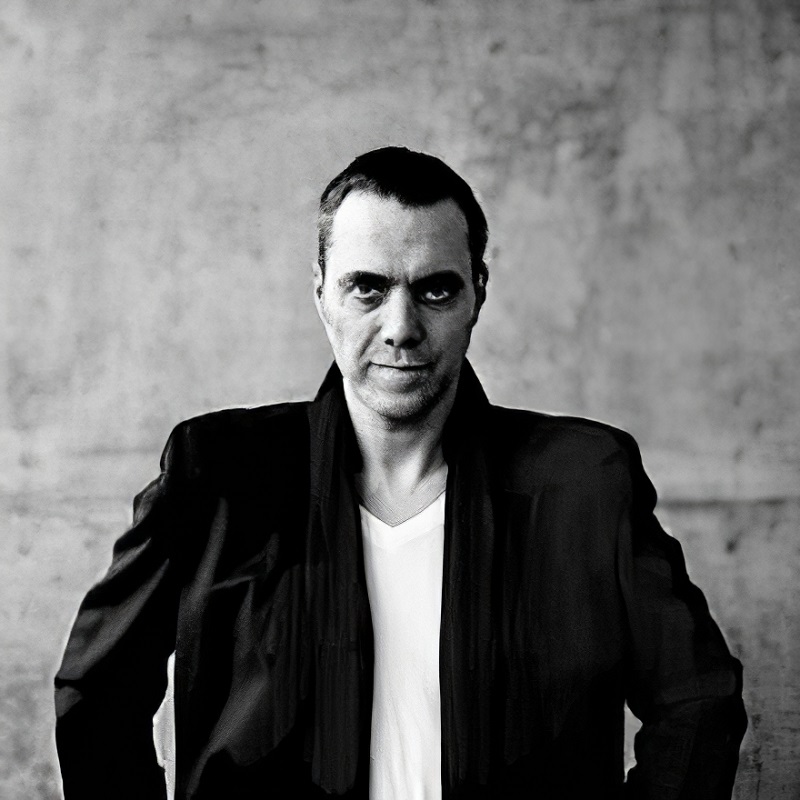
Ralf Kaspers is a contemporary German photographer.
He is attracted by monumental themes (nature, cityscapes, architecture) as well as ornamental microcosm consisting of countless combinations of identical small objects.
The constant change of themes and subjects allows the author to explore in detail the most important artistic categories such as form, texture and rhythm.
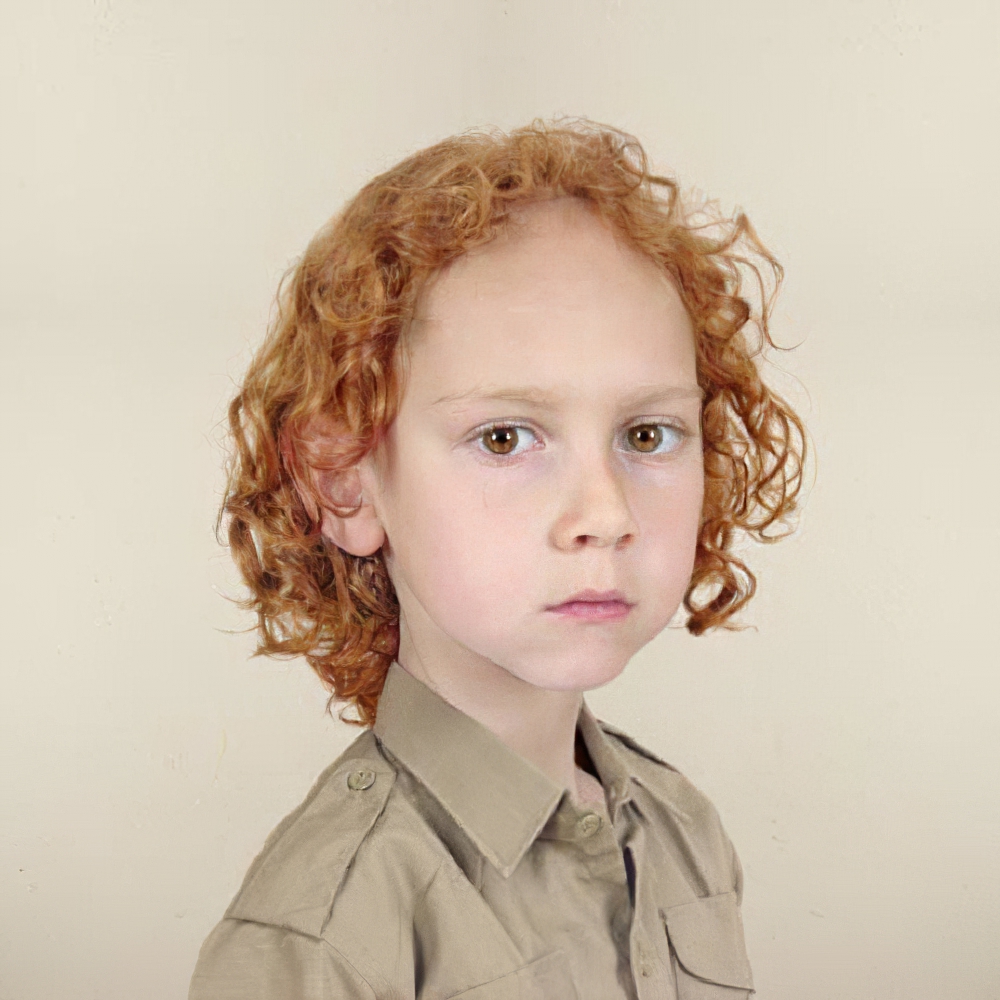
Loretta Lux is a German photographer and artist. She is known for her digitally manipulated portraits of children that blur the line between reality and imagination.
Lux studied painting at the Akademie der Bildenden Künste in Munich before turning to photography. Her photographs are meticulously staged and composed, with the use of soft lighting and neutral backgrounds.
Lux's work has been exhibited in galleries and museums around the world, including the Solomon R. Guggenheim Museum in New York, the Museum of Contemporary Photography in Chicago, and the Victoria and Albert Museum in London. She has also published several books featuring her work, including "Loretta Lux" and "New Work."
Lux's photographs have sparked controversy and debate, with some critics accusing her of creating disturbing and overly stylized images of children. Despite this, her work has received widespread acclaim for its technical mastery and unique vision.

Wolfgang Tillmans is a German photographer. His diverse body of work is distinguished by observation of his surroundings and an ongoing investigation of the photographic medium’s foundations.
Tillmans was the first photographer – and also the first non-British person – to be awarded the Tate annual Turner Prize. He has also been awarded the Hasselblad Award, the Royal Photographic Society's Centenary Medal, the Royal Academy Summer Exhibition's Charles Wollaston Award, The Culture Prize of the German Society for Photography, and is an Academician of the Royal Academy of Arts, London.


